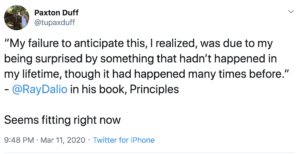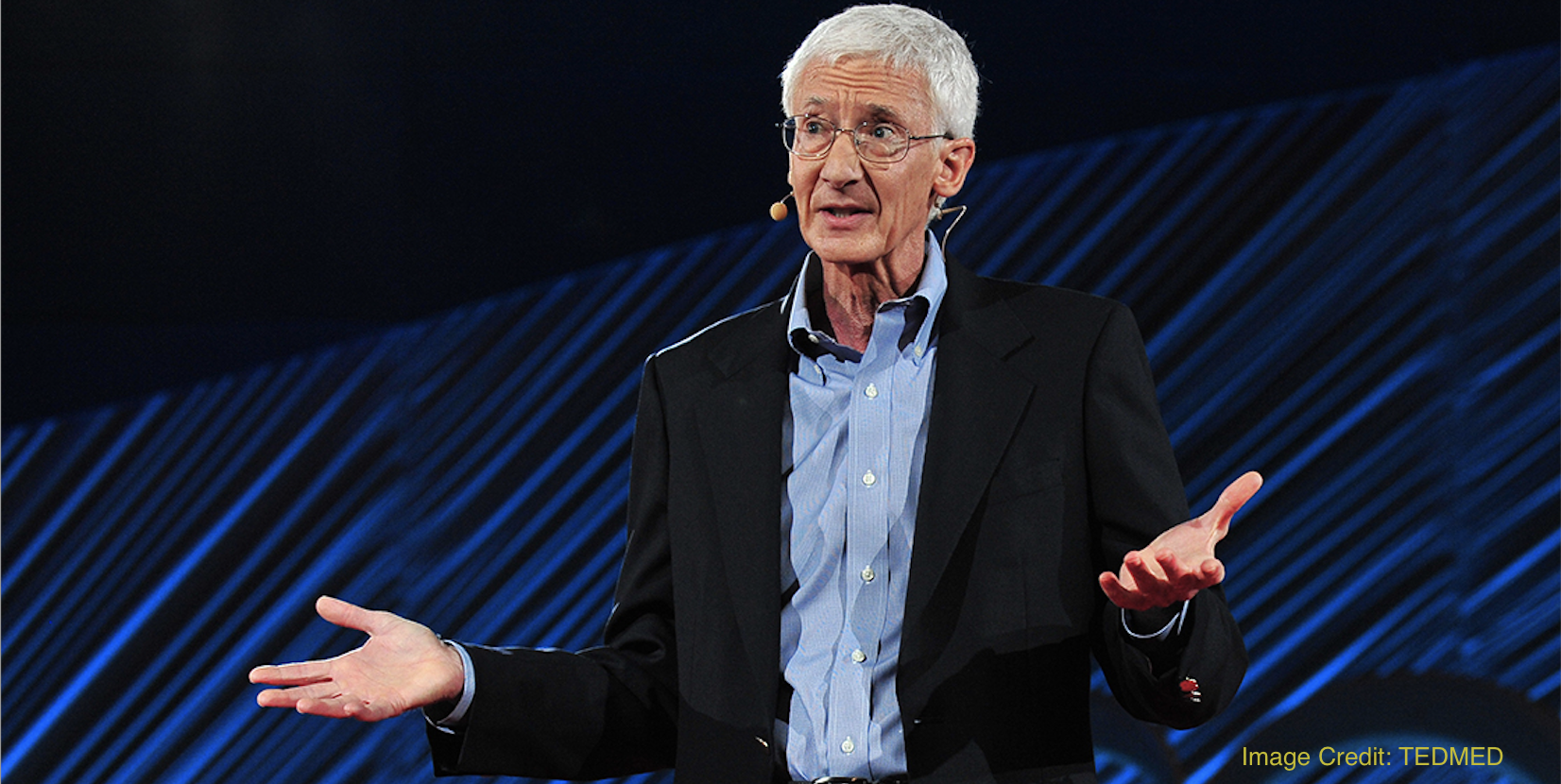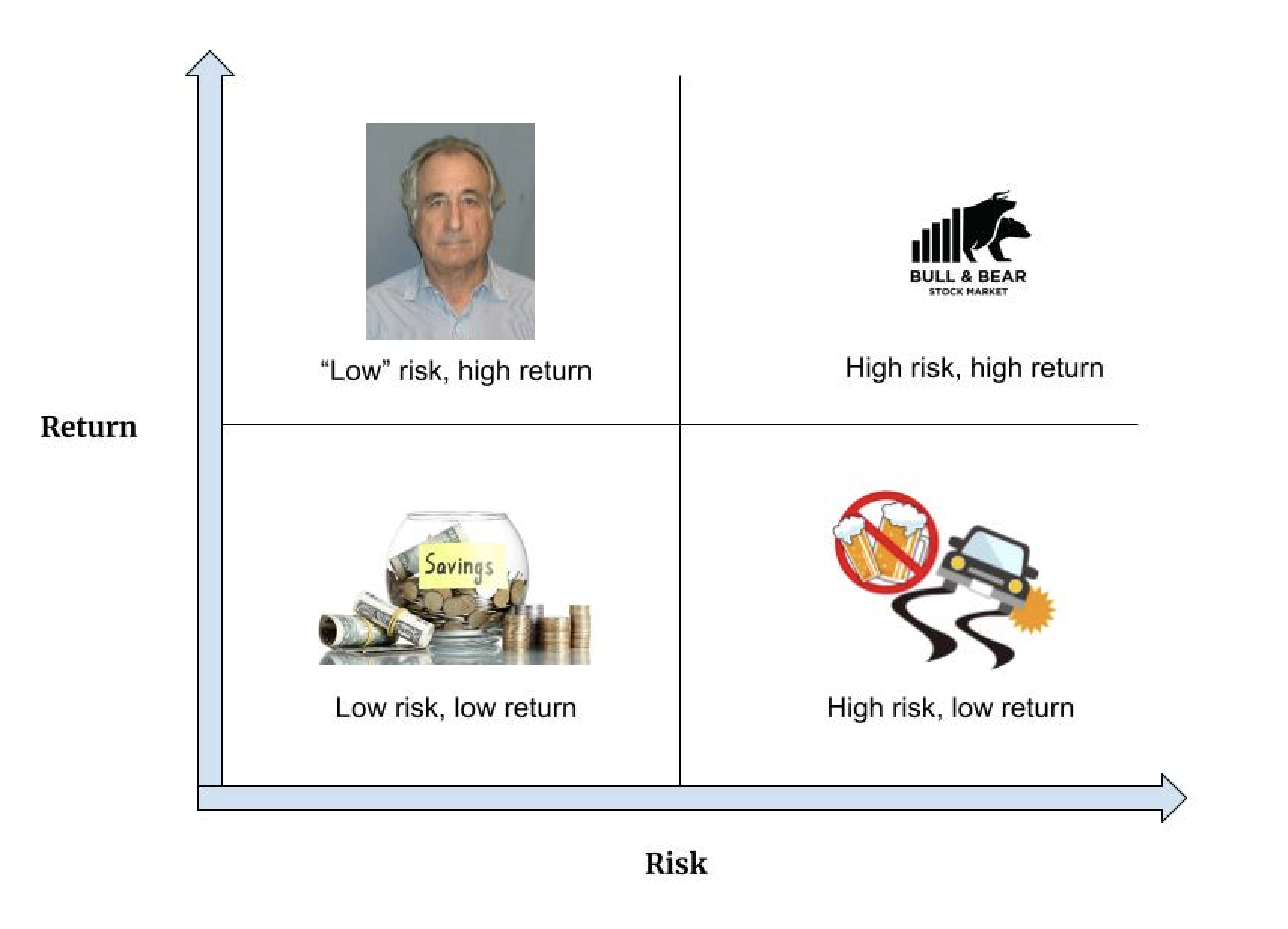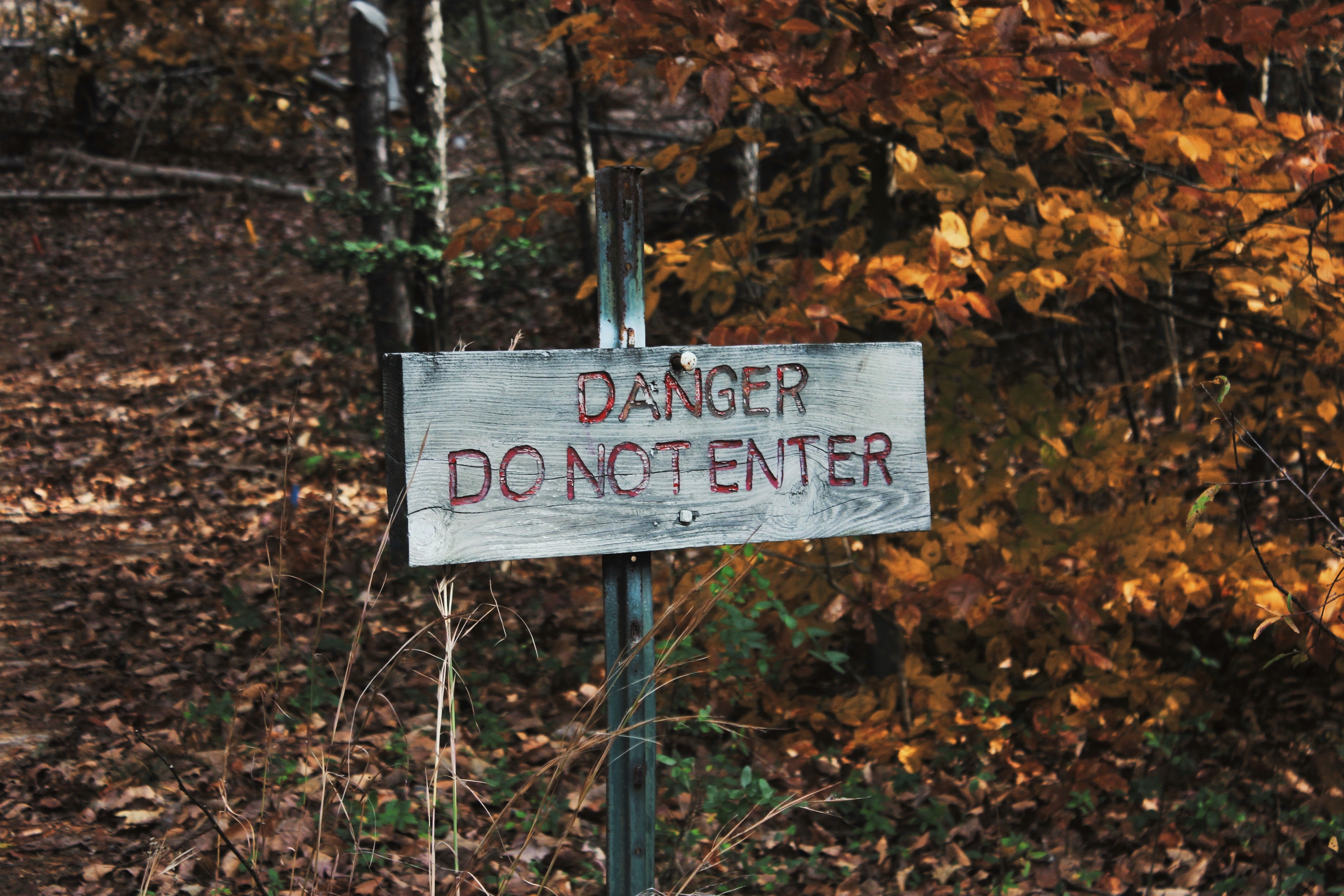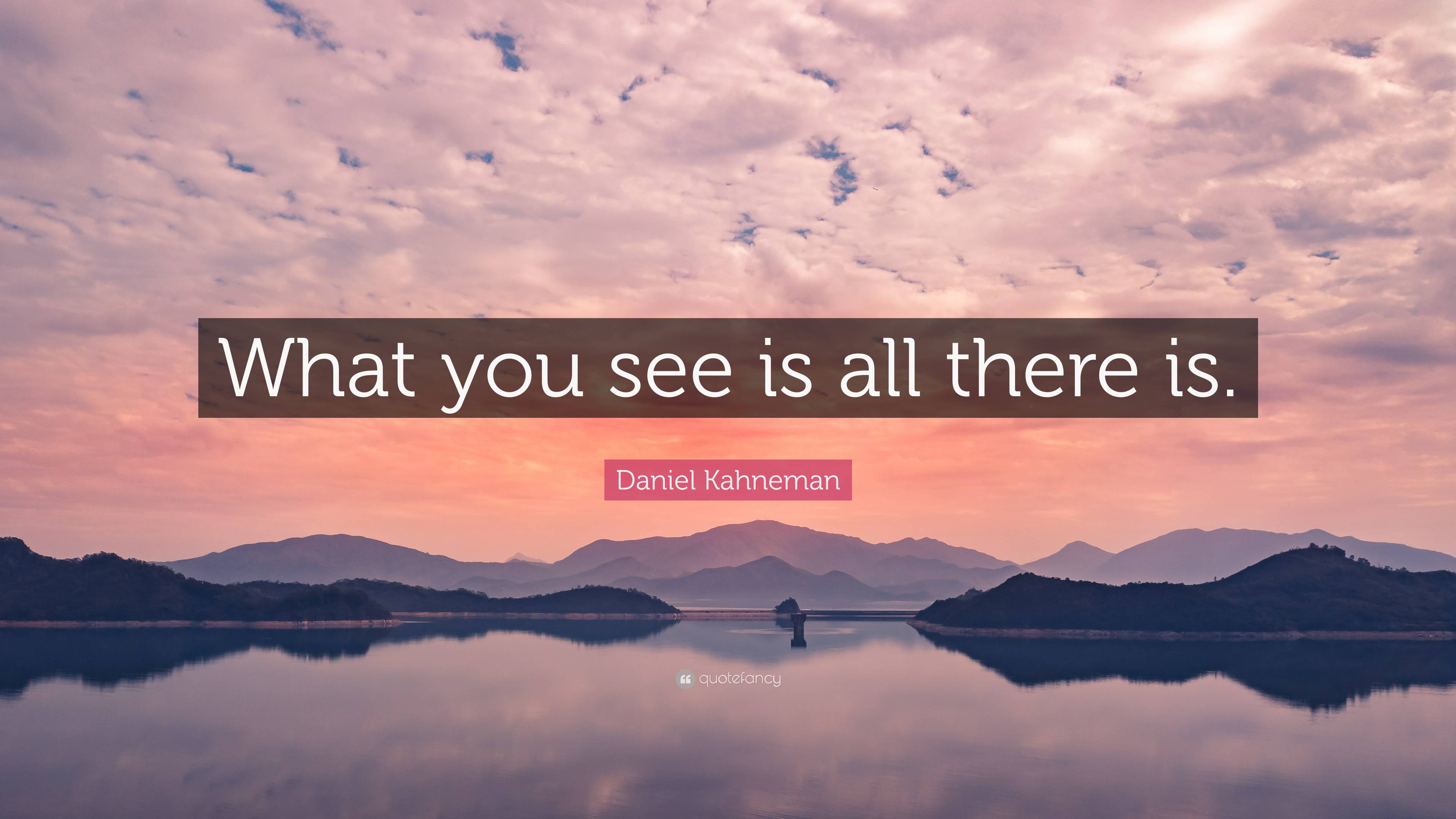Scarcity: A (Fitting) New Year's Resolution
This March, I have given up sugar and processed foods for six days of the week. I then spend my Saturdays reenacting the binge-eating orgies of the Ancient Romans by pre-gaming pizza and Cookout milkshakes with Five Guys’ bacon cheeseburger.
In a world with fewer external limits than ever before, our best recourse is to limit ourselves artificially. The sudden shift from scarcity to abundance is a topic that I have explored repeatedly, for I find it endlessly fascinating and hard to fully comprehend. As an American in 2020, the battle is unending: our dreams and aspirations vs. immediate gratification and appeasing our monkey brains — a battle that our smartest young people are paid handsomely to exploit.
Rather than set a tedious and vague New Year’s resolution like I normally do (and fail at), I decided to try a year of monthly subtraction challenges. My goals are twofold: I, like everyone, feel overwhelmed by the information overload and speed of life, so I’d rather take something away each month (I bring them back in, for the record) than add yet another self-imposed obligation.
Second, I am a believer in the benefits of self-imposed scarcity. Since our minds and bodies evolved alongside scarcity, artificially imposing scarcity seems to restore a healthy balance. As Dwight Eisenhower said long before the internet, “Freedom has been defined as the opportunity for self-discipline.” I wanted to rediscover patience and the ability to focus; also, our lifestyle can be slashed without warning, since social constructs are not laws of physics [Edit: I might have been on to something *cough* COVID-19 *cough*… actually this is not the time to make a *cough* joke. I am not coughing, okay.]
In January, I subtracted alcohol and in February I failed miserably at subtracting complaining (if nothing else, I noticed my complaining more!). In March, as stated above, I am avoiding added sugar and processed foods from Sunday to Friday so that I can end up like the guy from Se7en on Saturdays.

I do not share today’s blog to humble-brag (hat tip to Harris Wittels, the late writer of Parks and Recreation). I instead share it because I think people will enjoy many benefits by imposing some scarcity in their lives, a few of which I will close with.
Measurable Goals
In the adult world, there are significantly fewer short-term, measurable goals than there are for students (e.g. semester grades, sports results, etc.). Even for workers striving to reach a monthly quota, setting and achieving a non-work goal is important. Non-work goals provide self-esteem boosts and are the small wins that makes any big goal possible. For instance, a goal like “writing a book” or “getting in shape” is infinitely easier if you say “I will write 500 words every day this month” or “I will hold a two-minute plank every day this month.” A big accomplishment is nothing more than a lifestyle change, after all.
Group Fun
Ah yes, group fun. The above examples become even easier when attempting the challenge with other people. I have done none of my monthly challenges alone, and this accountability plus the chance to mutually complain makes the process easier (unless you have given up complaining, of course). Though it’s a positive-sum game (all participants can succeed), challenging myself in front of others makes me more compliant, in turn happier when I succeed.
Free Time
Though this is more true with social media than added sugar, when we go cold turkey (coincidentally, a food that I now eat too often) and subtract a habit, we free up lost time.
Related to this topic is decision fatigue. Due to decision fatigue, it is much easier to quit something entirely than to quit something 95%. Even if the bigger decision is uncomfortable initially, when we replace 99 small decisions with one big one, we both free up time and save our willpower for more important tasks.
Cooking and Other Skills
The health benefits of eliminating added sugar were not my top motivating factor, though it’s nice to be a hypocrite who made fun of Whole30 participants on this blog like six weeks ago. A hidden benefit of subtracting a vice or time consuming habit is the development of a new skill to take its place.
As an example of a new skill, I have added three-plus real food recipes to my repertoire this March. This is a boon for us subsistence farmers of frozen pizzas and peanut butter tortilla wraps.
Moment of Self-Awareness
(Since millennials have ruined the word “mindfulness” for me.) Meditation is the ultimate example of delayed gratification, since unlike exercise and eating well, mental changes are not quickly apparent to ourselves or others.
Just like meditation, the most beneficial effect of self-imposing scarcity is the micro-gap that emerges between an impulse and acting on that impulse. Instead of reflexively grabbing that free office pizza, screaming at the student who cut us off while Snapchatting, or checking Twitter every eight minutes for COVID-19 news, subtraction disrupts our usual behaviors and makes them conscious.
Side note: If you’re trapped inside due to COVID-19 and want to try something new, I recommend setting a 30-minute (minimum) timer and sitting in a chair to meditate. It takes most of the meditation’s duration to slow down the loop of to-do lists, planning, and replaying conversations, but even a small break from these thought loops is uncommon today (when we aren’t doing something else, that is). It can be the most valuable time you spend all day—ninety percent of my original ideas come while meditating, though this is not “the point” of doing it.
We can never again unwind the clock of progress (outside of World War III or a poor response to COVID-19). With modern abundance in mind, I think that more and more people will start to realize that artificially imposing scarcity nudges their lives in the right direction. Maybe you will join me in April’s challenge to limit social media use, and maybe you will not. I do not care, as long as you wash your hands and don’t go to Gerstles in the near future.
Be well.
P.S. I recently tweeted this quote from Ray Dalio’s incredible book, Principles. I have thought about this often, and it’s rarely more applicable than right now.
